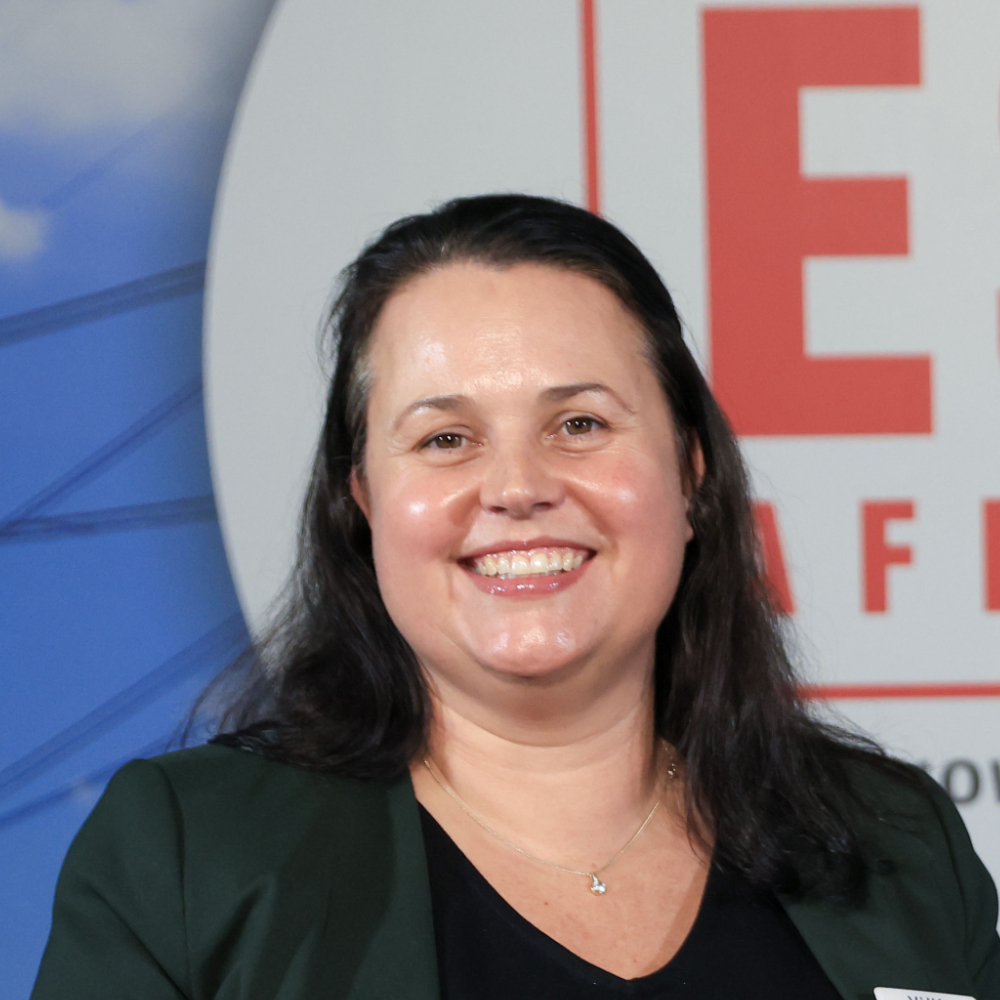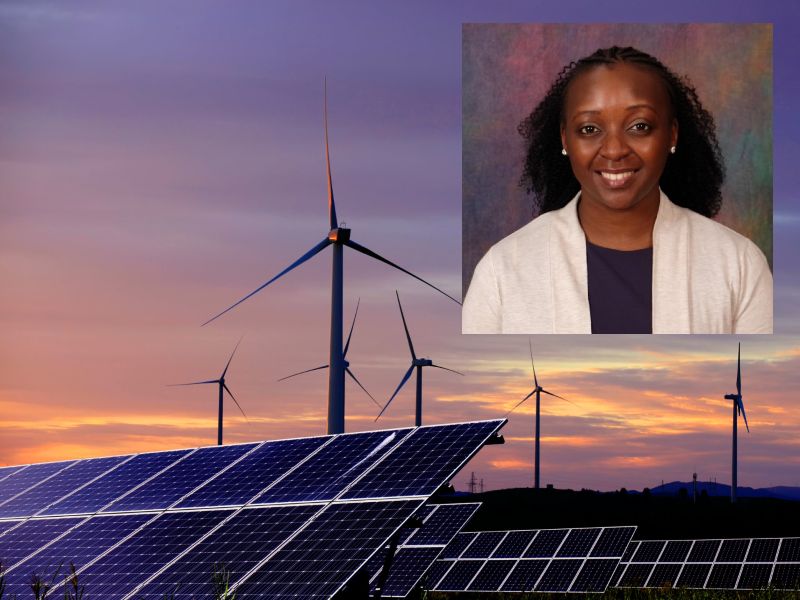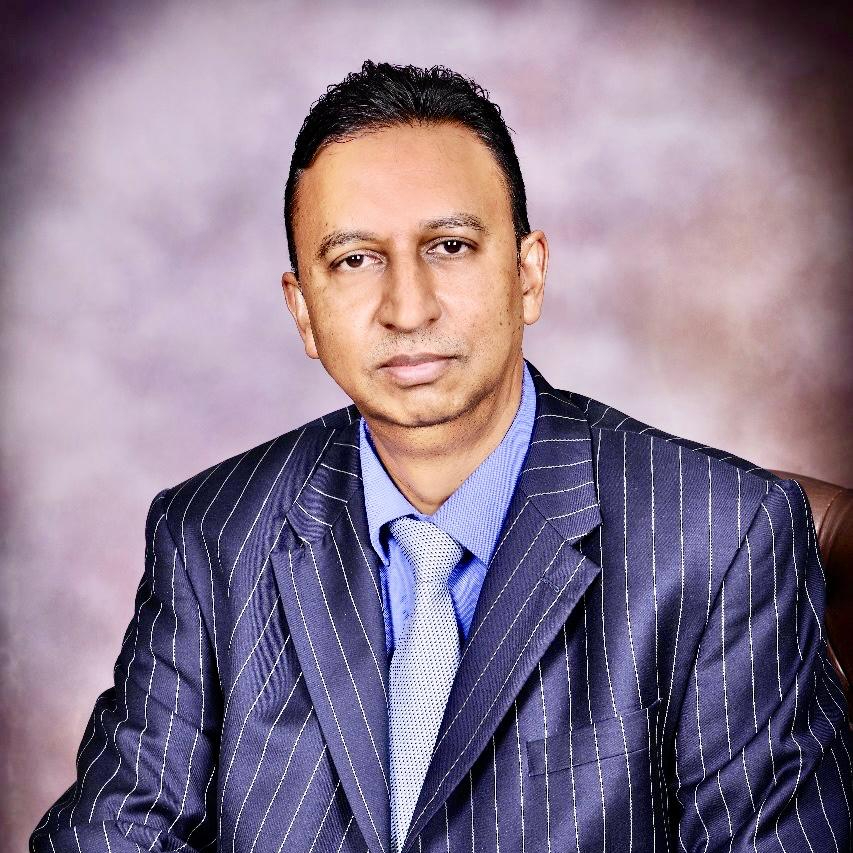Episode Transcript
[00:00:01] Hi everyone. I'd like to welcome you all to the ESI Africa Podcast where we explore the complexities and nuances of the energy landscape across South Africa and the continent.
[00:00:14] This is your favorite power and energy guru, Professor Vali Padayachi, here once again.
[00:00:22] Today we are diving deep into a critical subject called Rethinking South Africa's Energy Future from a Quadrillemma Perspective in the past, much of our energy discourse has revolved around the energy trilemma that is balancing energy security, energy equity and environmental sustainability.
[00:00:51] While the Tilema energy dilemma provides a foundational framework, it often falls short in addressing the unique challenges we face in South Africa and Africa as a whole.
[00:01:05] The Minister of Electricity and Energy, Dr. Ramakopa, has been vocal about the shift in thinking, advocating for a quadrillemma approach that adds a fourth dimension, that is the socioeconomic development.
[00:01:21] This recognition is crucial as we rebuild and rethink our energy systems to be more resilient and future ready.
[00:01:32] Let's first clarify the energy Trilemma. The trilemma emphasizes three pillars Point 1 Energy security meaning ensuring a reliable supply of energy Point two Energy equity that is Making energy accessible and affordable for all Point three Environmental Sustainability, meaning minimizing the environmental impact.
[00:02:04] While this framework serves as a useful guide, it often does not account for for the socioeconomic realities and developmental challenges unique to Africa.
[00:02:21] Now let's expand the framework to the quadrilabour concept as introduced by Minister Dr. Ramakopa. The quadrilimber includes all three of the energy trilemmus pillars, but adds a fourth dimension that is the socio economic development, which means essentially acknowledging that energy solutions must also propel socio economic growth and job creation.
[00:02:55] This addition is particularly vital for South Africa and the African continent where energy poverty and socioeconomic challenges are prevalent.
[00:03:07] By embedding economic development into our energy discussions, we can see how energy policy can become a driver for broader social and economic transformation.
[00:03:23] The obvious question that may arise in one's mind is why does the quadrilaba matter?
[00:03:32] The transition to a quadrilaba perspective is not just theoretical, it's very much practical.
[00:03:40] It enables policymakers to devise strategies that are holistic and comprehensive.
[00:03:49] For instance, while we strive for renewable energy solutions to enhance sustainability, we also need to ensure that these solutions are economically viable and equitable.
[00:04:05] Minister Dr. Ramakopa's perspective emphasizes leveraging technology to balance the role of coal in energy transition with investments in renewables.
[00:04:20] We have to consider the implications on jobs, local economies and energy access for vulnerable communities in a world that is rapidly changing tightly Interlinking economic development with energy planning ensures that we do not leave anyone behind in the transition to a cleaner, greener energy future.
[00:04:46] This is particularly critical as we look to invest in technologies that can allow coal to remain part of the energy mix while we implement renewables.
[00:04:59] Let's now consider the implications for policy and practice for South Africa and indeed for the continent.
[00:05:08] This quadrillemma approach has profound implications.
[00:05:13] We must consider energy policies that are not only about supply and demand, but also about fostering conditions for socio economic growth.
[00:05:25] What does this mean? It means essentially investing in technology that helps bridge the gap between fossil fuels and renewable energy. It means creating jobs not just in renewable sectors, but also in the adaptation of existing fossil fuel infrastructure. It also means ensuring that our energy transition is inclusive, addressing needs in underserved regions without compromising on timelines for climate commitments.
[00:06:02] As a conclusion, and as we grapple with the energy challenges ahead, the quad dilemma offers a robust framework for navigating this complexity. By integrating economic development into our energy strategies, we position South Africa not just as a participant in the global energy transition, but as a leader in rethinking energy futures in Africa.
[00:06:33] Thank you for joining me today on the ESI Africa Podcast.
[00:06:37] As we rethink South Africa's energy future, let's continue to advocate for balanced, equitable and sustainable energy solutions that prioritize the needs of all South Africans. Until next time, stay energized and committed to shaping a sustainable energy landscape. This is your Power and Energy Group, Professor Valley Padiachi signing off. Bye for now.


